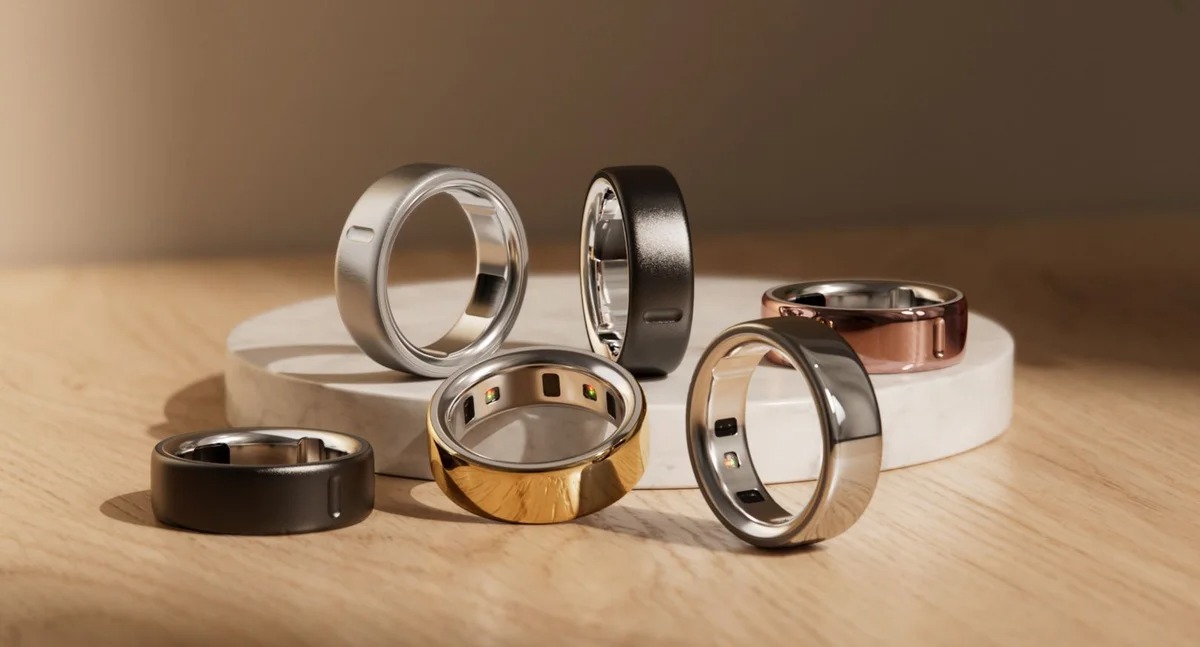Introduction
DHA Cancels OuraRing Biometric Solicitation: In a surprising turn of events, the Defense Health Agency (DHA) has officially canceled its $96 million contract solicitation for biometric rings. The sole-source deal, which favored Oura Health, faced immediate scrutiny—ultimately triggering a protest and halting the procurement. As wearable technology continues to embed itself into defense and health systems, this sudden reversal raises deeper questions about procurement fairness, budget justification, and the future of biometric wearables in the U.S. military.
Background of the Solicitation
The original deal aimed to provide 15,000 biometric rings for monitoring sleep, stress, and readiness across active-duty personnel. The contract was set to be awarded exclusively to Oura Health, bypassing open competition—a move that raised red flags across the defense procurement space.
Key goals of the ring:
- Real-time physiological tracking
- Military fatigue and sleep cycle analysis
- Integration into DHA’s health monitoring systems
Why DHA Chose Oura Health
DHA Cancels OuraRing Biometric Solicitation: Oura’s biometric rings had previously been used during pilot programs within military health circles. The company’s reputation for accurate sleep tracking and readiness metrics placed it ahead in performance testing. DHA justified its sole-source solicitation by stating:
- Oura met all technical specs
- No other vendor matched the requirements
- Speed and familiarity were essential for implementation
The Protest That Changed Everything
Almost immediately, WHOOP—a competitor in the wearable tech market—filed a formal protest. Their argument? The solicitation was overly restrictive and did not allow fair competition.
Main protest points:
- Vague and exclusionary technical criteria
- Lack of public notice or vendor consideration
- Violated standard open-bidding procedures
Why the Contract Was Cancelled
On June 28, DHA formally canceled the solicitation. While no official reason was provided in the public memo, insiders point to:
- Legal pressure from WHOOP’s protest
- Political scrutiny over closed-door procurement
- Defense budget tightening requiring justifiable expenditures
- Risk of favoritism in tech contracts
The Implications for Military Wearables
Despite the cancellation, wearable health tech remains a priority in defense modernization. However, the approach will now shift from single-vendor deals to open solicitations that:
- Encourage innovation through competition
- Ensure cost-efficiency
- Avoid legal backlash
DHA and other agencies are expected to rewrite specs to allow broader participation from the private sector.
Lessons Learned from the Cancellation
This incident offers critical insights for vendors, agencies, and watchdogs:
Transparency matters – Closed solicitations erode public trust.
Competition fuels innovation – Excluding vendors leads to protests and lost opportunities.
Political oversight is increasing – As defense budgets shrink, every dollar must be justified.
Tech adoption requires open dialogue – Military adoption of commercial tech demands inclusive testing and evaluation.
What’s Next for DHA?
The DHA has signaled plans to re-evaluate its requirements for wearable devices. Future solicitations will likely:
- Include a broader range of biometric features
- Be open to wearable rings, bands, and smartwatches
- Require vendors to demonstrate military-grade security compliance
This opens the door for competitors like WHOOP, Garmin, Fitbit, and even Apple to step into the defense space.
Conclusion
The DHA’s cancellation of the Oura Ring solicitation is more than just a procurement hiccup—it marks a fundamental shift in how defense health contracts are awarded. In an age where wearable tech is central to both civilian and military health, agencies must walk the line between innovation and fairness. Going forward, open competition, precise specifications, and transparency will be essential if the U.S. military wants to leverage the best of what the wearable tech industry has to offer.

Leave a Reply